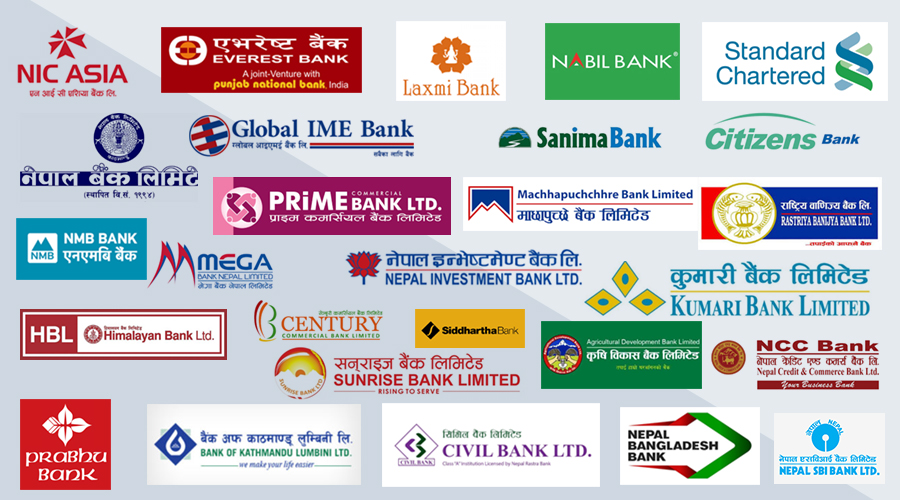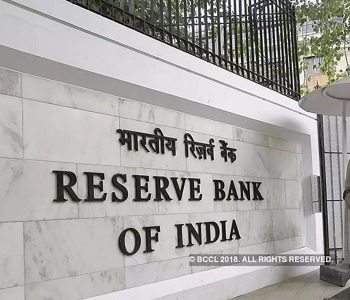Central bank flags rising risks in Nepal’s banking sector

KATHMANDU: The Nepal Rastra Bank (NRB) has issued a stark warning regarding the declining quality of banks’ assets, posing significant challenges to the stability of banks and financial institutions (BFIs).
The central bank’s latest ‘Financial Stability’ report, published on Wednesday, highlights the repercussions of excessive interest rates on loans, which have diminished overall demand and led BFIs to accept low-quality assets in their securities to sustain business growth.
The report reveals a troubling increase in the quality risk index of banks’ assets, which rose to 0.94 in the fiscal year 2022/23, a sharp increase from 0.25 in FY 2020/21.
Additionally, the overall financial sector stability risk index surged to 0.69 last year, up from 0.40 four years ago. According to an NRB official, an index value approaching 1 indicates a growing risk to the country’s financial stability.
The NRB attributed the declining demand for loans to excessive interest rates, which have negatively impacted banks’ profitability and increased non-performing loans.
The report underscores the need for BFIs to remain vigilant, especially as they expand their businesses through mergers. It also calls for the retraction of the flexible monetary policies introduced during COVID-19, which have adversely affected borrowers’ loan-paying capacity.
Despite these challenges, the report notes that banks and financial institutions have managed to maintain sufficient capital, liquidity, and profitability. However, the expanding role of the non-banking financial sector has made the financial system more complex and increased dependency.
The NRB highlighted the risks posed by the internal association among BFIs, insurance companies, cooperatives, financial technology firms, the Citizen Investment Trust, the Social Security Fund, and the Employee Provident Fund (EPF).
The report also pointed to issues such as service deviation, poor governance practices, and exaggerated credit without proper financial analysis, raising concerns about the safety of cooperative institutions. The NRB warned that political instability and economic slowdown could exacerbate these problems, impacting the financial system.
Governor Maha Prasad Adhikari emphasized the importance of vigilant, proactive, and prudent banking regulations to sustain high economic growth by maintaining financial stability. “The flexibility demonstrated by the BFIs confirms the strength and resilience of the banking system. It can bear risks,” stated Governor Adhikari.
In a concerning trend, the report noted that bad debts in BFIs have soared to a 10-year high of 3.98 percent, primarily due to the economic slowdown following the COVID-19 pandemic.
The proportion of bad debt in BFIs was previously at 3.76 percent in June 2014, decreasing to 1.31 percent in June 2022. As of mid-April this year, non-performing loans in commercial banks reached 3.89 percent, while development banks and finance companies recorded 3.63 percent and 10.40 percent, respectively.
The NRB concluded by emphasizing ongoing efforts to enhance financial inclusion and access, focusing on priority areas, poor and small borrowers, to mitigate the highlighted risks and support sustainable economic activities.














Facebook Comment